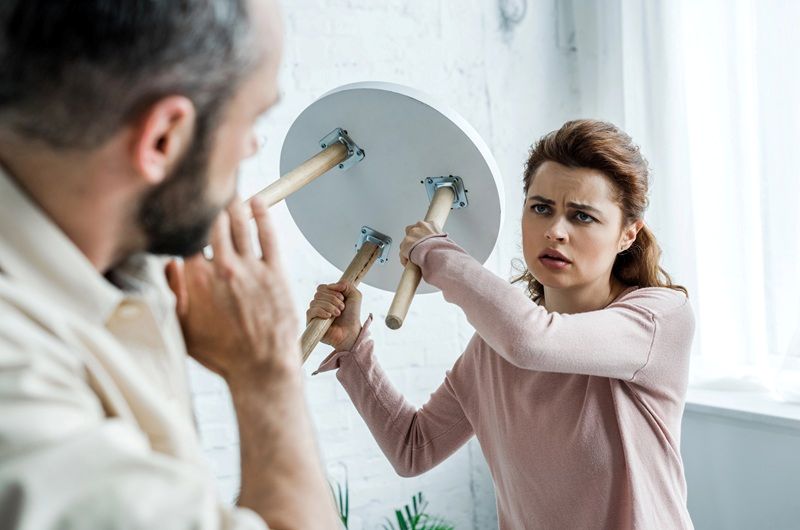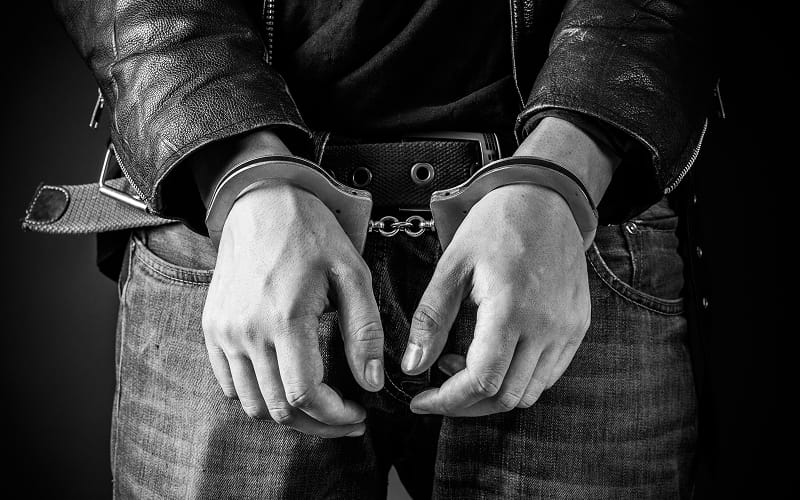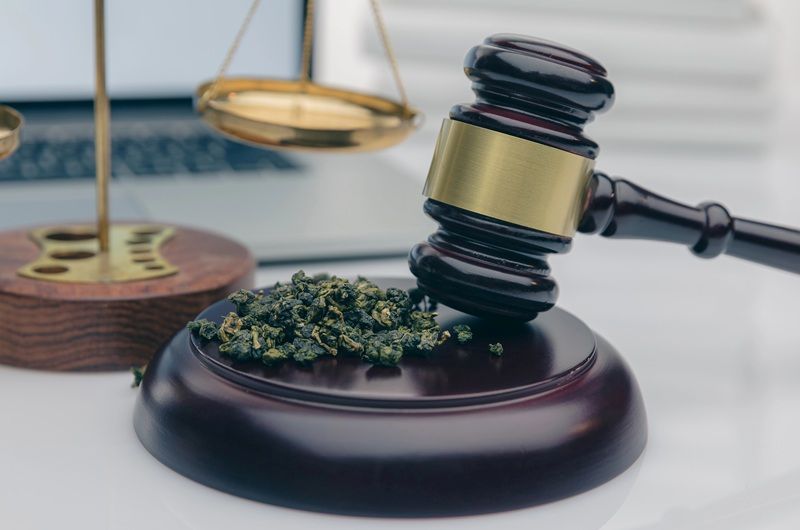Evidence is the foundation of a rape case each piece supports the prosecution, but weak spots can cause the charges to collapse. Understanding what the court accepts can help you anticipate what prosecutors may use against you. Additionally, with the help of an experienced Fairfax rape attorney, you can challenge and use them to strengthen your case.
This article explains the legal aspects of rape cases, focusing on the role of evidence. It explores the types of proof courts accept and how defense attorneys can help challenge them to protect your rights. You will also learn common concerns surrounding these cases, helping you better understand your situation.
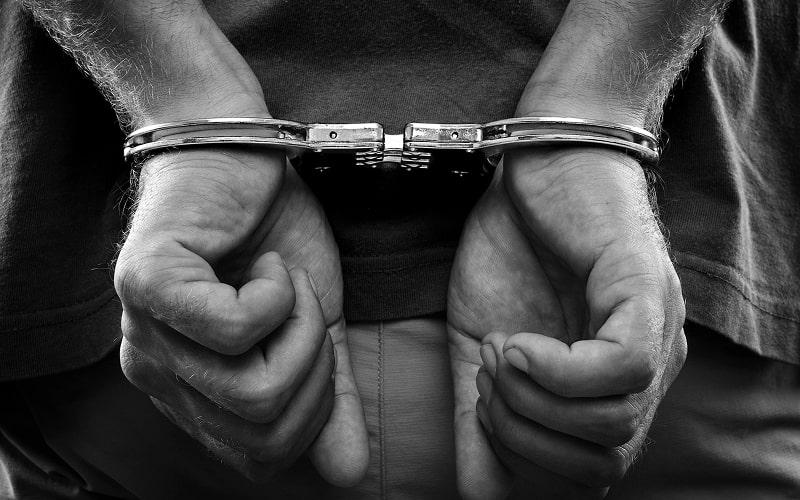
Rape Cases & The Role Of Evidence
Rape is a criminal offense that happens when an individual engages in sexual intercourse with another person through force, threat, or intimidation. The charge also applies when the victim is incapable of providing consent due to mental or physical incapacity. Further, this involves cases where the victim is under 13 years old, regardless of consent.
In Virginia, a conviction carries severe consequences, including five up to life imprisonment and mandatory sex offender registration. Because of the high stakes, the prosecution must prove the charge beyond a reasonable doubt. This means they need strong evidence to convince the court that the alleged crime occurred as claimed.
Evidence is the foundation of such cases. In rape trials, it plays a decisive role in determining whether the charges hold up in court. Prosecutors rely on various forms of proof to support their allegations. In contrast, defense attorneys scrutinize them for inconsistencies, errors, or bias.
However, not all proof is equally reliable. Understanding what types of evidence are accepted in a courtroom helps you assess the strength of the prosecution. Additionally, you can use this knowledge to prepare a strong defense, challenge questionable claims, and protect your legal rights.
Evidence Accepted In Court & How To Challenge Them
The prosecution in a rape case must present evidence to support its claims and convince the court beyond a reasonable doubt. On the other hand, defense attorneys examine the collection process, accuracy, and evidence interpretation to expose weaknesses. Below are the main types of proofs used in court and how your case can challenge them.
DNA & Forensic Evidence
DNA evidence helps establish physical contact between individuals. The prosecution can introduce forensic results, including bodily fluids, hair, and skin cells, in court. They use these findings to connect the accused to the alleged victim. However, its presence doesn’t automatically prove a crime occurred.
Defense attorneys examine how samples were collected, stored, and tested. Contamination, lab errors, or gaps in the chain of custody can affect reliability. If procedures were flawed, attorneys may challenge the results or request suppression of the evidence. Forensic professionals can also dispute findings that lack accuracy or proper handling.
Witness Testimony
Witness testimony plays a vital role in rape cases. Prosecutors may present statements from the alleged victim and others who claim to have seen or heard relevant events. Courts recognize a victim’s right to testify, and their account can strongly impact the case.
Prosecutors may also introduce testimony from medical professionals, friends, or law enforcement officers to support their claims. However, memory can be unreliable, and personal biases may affect how witnesses recall events.
Defense attorneys can review inconsistencies in witness statements. If accounts change over time or conflict with other evidence, it may create reasonable doubt. Cross-examinations can expose gaps in memory, exaggerations, or external influences. They may also call character witnesses to challenge credibility.
Digital Communication & Electronic Evidence
Courts accept text messages, emails, and social media posts as evidence if properly authenticated. Prosecutors use these records to argue a lack of consent, threats, or discussions related to the alleged incident. Electronic evidence may also include location data, phone logs, or deleted messages recovered through forensic analysis.
Defense attorneys assess whether digital evidence has been altered, fabricated, misinterpreted, or taken out of context. If metadata reveals inconsistencies in timestamps or content, they can challenge its reliability. Moreover, if prosecutors present retrieved deleted messages, attorneys may question the legality of how they obtained them.
Surveillance Footage & Physical Evidence
Courts accept security footage, photos, and physical evidence in criminal trials. The prosecution may use surveillance recordings to support their claims, especially if the footage shows interactions between the accused and the alleged victim. They may also present physical evidence, such as bruises, torn clothing, or fingerprints, to prove the crime.
However, injuries or damaged clothing do not always indicate non-consensual activity. Defense attorneys analyze surveillance footage for inconsistencies or missing segments.
If the video contradicts witness statements or fails to establish key details, skilled lawyers may challenge its reliability. Similarly, medical professionals can testify that injuries may result from consensual interactions or unrelated incidents.
Aside from understanding these nuances, reviewing frequently asked questions can clarify how evidence impacts your case. With this awareness, you can better evaluate your legal options and prepare for the challenges ahead.
Exploring FAQs About Rape Charges
Rape is an intricate offense that can raise questions about the process, potential defenses, and the legalities of evidence. Reading about similar concerns can help you clarify what to expect and how to approach your defense. Below are common scenarios and answers to help you better understand the situation.
Can You Use The Accuser's Past False Allegations In Court?
In some cases, yes. Virginia law allows certain past statements to be introduced if they directly impact the accuser’s credibility. Under Virginia Code § 18.2-67.7 (Admission of evidence), courts may permit proof of previous false accusations, but strict rules apply.
A judge must determine whether the prior allegations are relevant and admissible. Moreover, the defense must provide strong proof that the accuser knowingly made false claims in the past. If approved, this evidence can weaken the prosecutor’s case by casting doubt on the accuser’s reliability.
What Happens If The Alleged Victim Refuses To Press Charges?
The Commonwealth’s Attorney decides whether to prosecute a rape case, not the alleged victim. Even if the accuser refuses to cooperate or asks to drop the case, prosecutors can still proceed if they believe the evidence supports the charge.
The state may rely on forensic reports, witness statements, or digital records to build its case. However, if the accuser refuses to testify or contradicts their initial statement, it can weaken the charges against you. Defense attorneys use these inconsistencies to challenge the credibility of the case.
Can You Be Charged If No One Reports It Right Away?
Yes. Virginia has no statute of limitations for rape. This means prosecutors can file charges years or even decades after the alleged incident. However, delayed reporting can affect the strength of the case.
Defense attorneys challenge these cases by questioning why the accuser waited to report and highlighting inconsistencies in their statements. They may also argue that the passage of time makes it harder to verify evidence or witness accounts.
A qualified defense firm understands these concerns and can help you build a solid legal strategy. The proper legal counsel will examine the evidence, challenge weaknesses in the prosecution, and protect your rights.
Strengthen Your Case With Fairfax County Criminal Attorneys
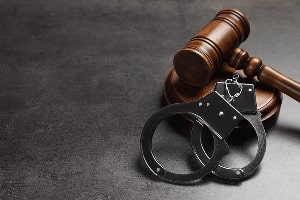
At Fairfax County Criminal Attorneys, we understand the high stakes of a rape charge. A conviction can lead to severe penalties, lifelong consequences, and damage to your reputation. Our legal team aggressively protects your rights and ensures you receive a strong defense.
We analyze evidence, from forensic reports to witness statements, to identify weaknesses in the prosecution. If law enforcement mishandles DNA, surveillance footage, or digital records, we challenge their validity in court. Moreover, we scrutinize inconsistencies in testimony to create reasonable doubt.
Our attorneys are skilled in filing motions to suppress unreliable evidence and negotiating for reduced charges when possible. We fight to ensure you are not convicted based on misleading claims or improperly obtained proof.
When facing serious charges, your future is on the line, and you need a legal team that knows how to build a strong defense. At Fairfax County Criminal Attorneys, we stand by you every step of the way. Contact us today for a confidential consultation, and let us help you achieve a more favorable outcome.
Rape charges in Virginia carry severe consequences, such as lengthy prison sentences and mandatory sex offender registration. The prosecution must prove guilt beyond a reasonable doubt, relying on forensic evidence, witness testimony, digital records, and surveillance footage. However, not all evidence is reliable, and defense attorneys challenge inconsistencies.
Understanding how evidence is used and contested in court helps you assess your case. Hiring a skilled criminal lawyer is critical to protecting your rights. Fairfax County Criminal Attorneys provides experienced defense strategies to fight these serious allegations.


